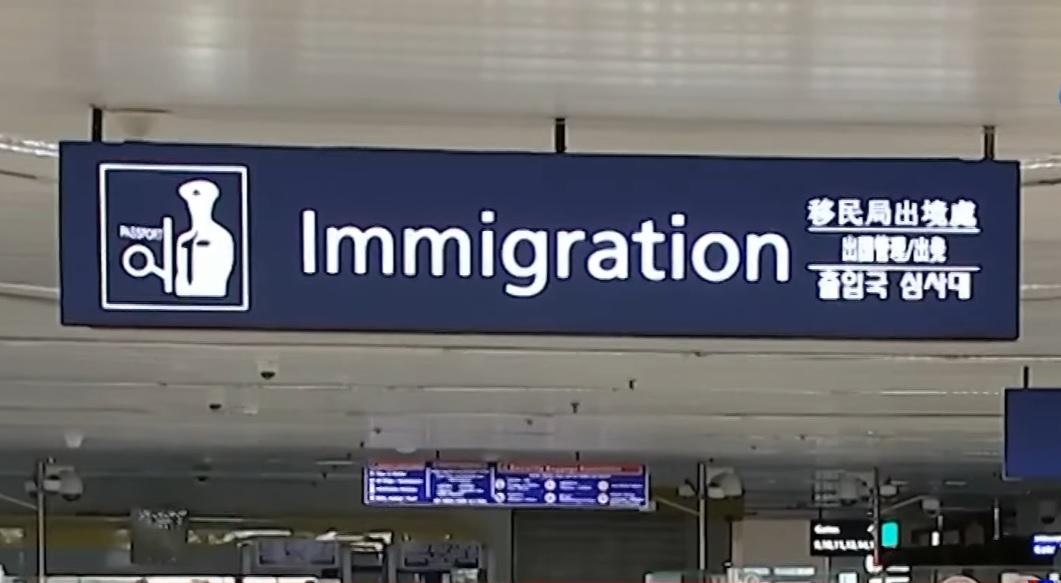The Philippines will tighten its visa requirements for Chinese tourists amid a high number of fraudulent applications received in its embassy and consulates in China, the Department of Foreign Affairs said Wednesday.
At the same time, the DFA ruled out ongoing tensions with China in disputed areas in the South China Sea as the reason for imposing more stringent visa measures for Chinese visitors.
“It is not related to national security issues,” said Foreign Affairs Undersecretary Jesus Domingo. “This is actually for the good of the Chinese because these POGO, who are their victims? The Chinese.”
Domingo was referring to Chinese citizens who entered the Philippines as tourists but worked illegally in offshore gambling offices, known as Philippine Offshore Gaming Operators (POGOs).
China’s increasingly aggressive actions, such as harassment of Filipino coast guard vessels and fishermen, in Philippine territories have angered Manila. China has repeatedly assaulted the Philippine Coast Guard and supply boats with water cannons, military-grade lasers, and dangerous blockings on high seas, causing severe damage and injuries.
Stricter visa requirements, Domingo said, intend to “weed out” the “illegitimate and unsavory” tourists from the legitimate ones.
“We are putting things in motion starting this week,” he told a press conference.
Since 2016, a large number of Chinese citizens have been hired for POGOs.
Any form of gambling by Chinese citizens, including online gambling, gambling overseas, and opening and operating casinos overseas to attract citizens of China as primary customers, is illegal, according to the Chinese embassy.
China said offshore gambling has resulted in cross-border crimes, such as money laundering, which undermines China’s financial supervision and financial security.
With the influx of Chinese workers in the country, several Chinese nationals have reportedly been involved in organized crimes, such as human trafficking, prostitution, kidnapping, and fraud.
“We’re looking at quality tourists, not the unsavory, naughty ones,” Domingo said as he stressed that there should be a balance between economic benefits from tourism and national security.
China is one of the top sources of foreign tourists in the country.
The Department of Tourism is eyeing at least 2 million tourist arrivals annually.
Chinese tourist visa applicants – whether individuals or part of a tour group – are required to submit a social insurance certificate as proof of identity.
“It’s a way to verify their identity and easy to check,” he said.
Other requirements are proof of financial capability, such as bank statements, a notarized letter of support from a host in the Philippines, if applying for an individual visa, and hotel and airfare bookings.
A personal interview is required for individual applicants.
“We have security systems in place for tour operators. Those traveling on a group tour would have to arrive and depart at the same time” Domingo said, noting that only accredited Chinese tour operators can organize trips to the Philippines.
Tour groups from China should have a minimum of 10 participants to a maximum of 50, he said.
Over the years, some visa loopholes have permitted Chinese nationals to illegally work and overstay in the country using falsified documents. The DFA has also uncovered incidents of attempted bribery of visa officers from Philippine diplomatic posts, Domingo said.
Enforcement of stricter visa measures, Domingo said, promotes “quality tourism” and could help decrease incidents of POGO-related crimes – an issue that has been worrisome for legitimate Chinese tourists.
“We hope there will be a boost in Chinese tourist arrivals,” Domingo said. “We want to attract visitors.” —NB,GMA Integrated News

